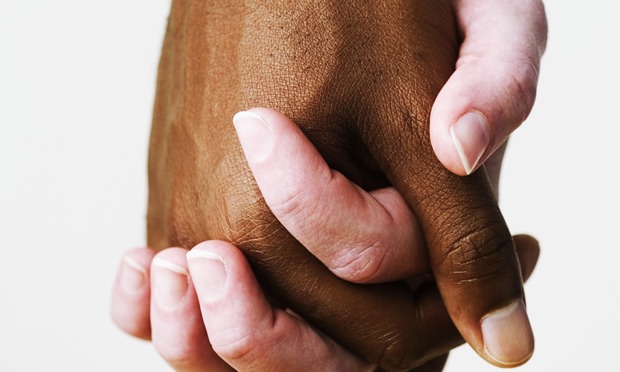Examples of racism happen daily in the world. This cruel picture has haunted black people for centuries. Because of that, many have the false and pessimist idea that the world “was always like this and always will be”, so, that, not matter what we do, racism will always exist.
However, according to scholars on the field, racism is a modern invention. The American historian George Fredrickson tells us that the dominant view among experts is that there was not a concept like race among the Greek, Romans and early Christians. Therefore, as written by the historian Frank Snowden, ancient society “never made color the basis for judging a man.”
This does not mean that ethnocentrism or religious intolerance (anti-Semitism, for example, was already common in the West) did not exist, but those two social diseases cannot be compared to racism, because, as explained by Fredrickson, a heathen could be converted and an ethnic stranger could be assimilated into the tribe, until a point that their origins cease to matter in a significant way. Racism, the worst of those, creates a bigger barrier, since it establishes a racial hierarchy among men.
Concerning the most common and harmful type of racism in the West today – racial prejudice against black people – Fredrickson likewise denies its origin on the medieval times and defines it as “mainly a product of the modern period”. Thus, essential to claim that slavery of Blacks in the Americans did not happen because of skin color (or even for religious reasons), but, according to the Historian Eric Williams, because of the cheap price of African labor. It is from there, from the slavery of black people that the concept of race and racism arise, as clearly demonstrated by the Brazilian Historian Célia Maria Marinha de Azevedo (free translation):
The African slave trade by European traders and their ulterior slavery in American lands gradually paved the way for invention of the concept of race. (…) We can see the historic rise of racism as a discursive practice established in the early modern period on the 16th Century and that develops in systematic terms, then within the scope of biological and human sciences, during the 19th century and the first half of the 20th century”.
As one can see, we have invented racism; and if we did, we can destroy it. How? Several things are important, like the still huge gap in social inequality among “races”.
The repudiation against insults and racist “jokes” is another essential topic. But it has been branded as a “political correctness wave”. There is a perverse inversion of values: “brave” people get mad for not being able to insult minorities with the “it’s only a joke” excuse.
Against the “politically correct”, some people, ignoring history, usually ask: “if I can be called a “cracker” because I’m white, why can’t I call a black man a monkey?” The difference is gigantic! Black people (not White) are victims of real prejudice in society: their hair and faces are not considered pretty; they are constantly unfairly stopped and frisked by the police; security guards follow them as they enter stores; among other absurd situations. Furthermore, the comparison between black men and monkeys exist since the 19th century as an attempt to dehumanize them and to brand them as something inferior to a “true human being”. On the other side, there has never been an association between white people and “crackers” in that same way.
Therefore, because of that historical process previously explained that led to the invention of the concept of race, one can say that when you curse a white man, only one man gets insulted, because being white has never been derogatory in Brazil. However, when you curse a black man because of his color, you insult all black men; worst, you offend all humankind by relativizing (even indirectly in same cases) the cruel period of slavery that still have consequences to this day.
So, when a Brazilian of any color, by hearing an insult or even a “joke” about the black’s man color, start to react as he had received a personal and direct attack; when he begins to feel responsible and embarrassed for all the racists and racism that still exist in our society; then, finally, we will win and destroy which should never even have been created at first place.
Sources:
AZEVEDO, Célia Maria Marinho de. Anti-racismo e seus paradoxos: reflexões sobre cota racial, raça e racismo. São Paulo: Annablume, 2004.
FREDRICKSON, George M. Racism: a Short History. Princeton: Princeton, 2002
SNOWDEN JR., Frank M. Before Color Prejudice. The Ancient View of Blacks. Harvard University Press, 1991.




